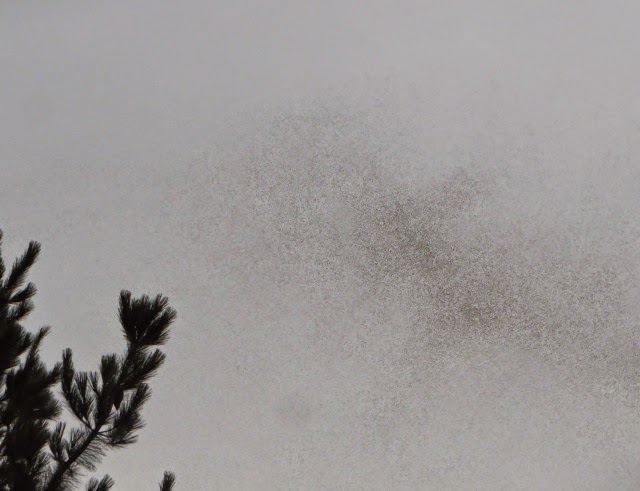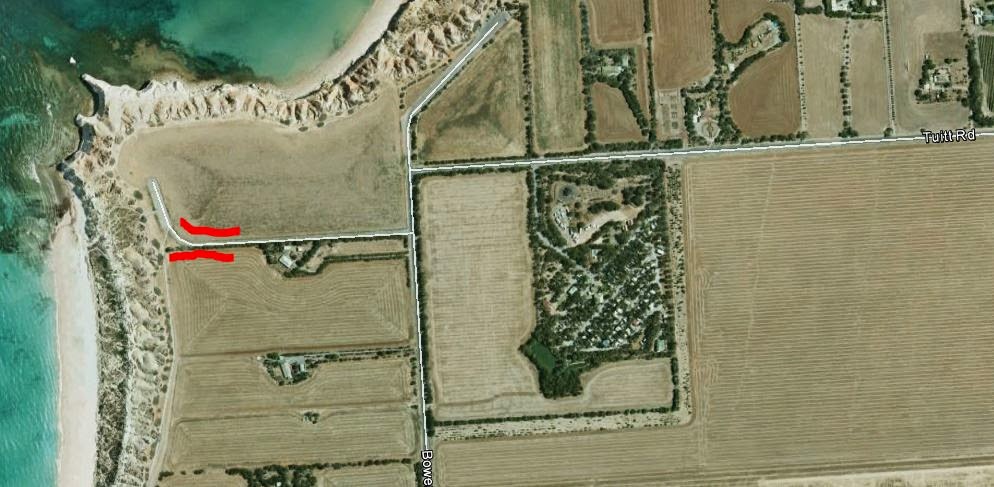Out of Africa - comes The Kwanja
When we lived in Tanzania one of the early bits of astonishment was watching the wananichi (ie the citizens) using a device which we called a "bent panga" for any task involving cutting vegetation less than 1cm in diameter. I will deal with larger articles at the end of this post.
In expert hands these devices could trim a lawn as neatly as any petrol mower. We eventually found they were called kwanjas and decided I had to have one. Indeed after the compound's yard-boy died suddenly and his replacement was slow in arriving we began to need one: in a tropical climate in the wetter seasons grass and weeds do not hang around. The trouble was, as with everything, where are they sold?
One answer was probably Kariakoo Market (because everything is sold there, including things that one might not yet realise one had lost, but I wasn't feeling game to go there on my own at thatstage. (My Tanzanian friends didn't like going there with a mzungu because then they got charged mzungu prices). Gee, aren't you learning a lot through this post!
(As an aside - as I was composing this I clicked on the next educational link to test it and our power went off! What a timely event- so like Dar where hakuna umeme was second only to hakuna matata as the national motto!) However I was driving past the Mwenge Arts and Crafts Centre one day and spotted some hung up in front of a duka (Swahili). Using about 10% of my Kiswahili I stuttered out "Bei gani?" and got an answer than translated to $2.50 Australian so I acquired one. Here it is.
It really is a great tool for dealing with weeds such as Patterson's Curse, Verbascum, St John's Wort and sundry thistles.My guess is that the blade is made out of an old leaf spring and the wooden bits of the handle from an old pallet. Total cost 3/5th of 2/7ths of very little. Less trouble to operate than my brush-cutter (although a lot more tiring if dealing with a big patch of brambles) and no run-off problems as with spraying poisons!
I promised earlier to comment on how bigger vegetation is dealt with. Here is the answer: lots of wananichi, each with a damn sharp axe. We came back past this site about 40 minutes later and there was no sign the tree had existed. Even the shavings had gone - hardly surprising in a country where about 90% of household use wood or charcoal for cooking.
In expert hands these devices could trim a lawn as neatly as any petrol mower. We eventually found they were called kwanjas and decided I had to have one. Indeed after the compound's yard-boy died suddenly and his replacement was slow in arriving we began to need one: in a tropical climate in the wetter seasons grass and weeds do not hang around. The trouble was, as with everything, where are they sold?
One answer was probably Kariakoo Market (because everything is sold there, including things that one might not yet realise one had lost, but I wasn't feeling game to go there on my own at thatstage. (My Tanzanian friends didn't like going there with a mzungu because then they got charged mzungu prices). Gee, aren't you learning a lot through this post!
(As an aside - as I was composing this I clicked on the next educational link to test it and our power went off! What a timely event- so like Dar where hakuna umeme was second only to hakuna matata as the national motto!) However I was driving past the Mwenge Arts and Crafts Centre one day and spotted some hung up in front of a duka (Swahili). Using about 10% of my Kiswahili I stuttered out "Bei gani?" and got an answer than translated to $2.50 Australian so I acquired one. Here it is.
It really is a great tool for dealing with weeds such as Patterson's Curse, Verbascum, St John's Wort and sundry thistles.My guess is that the blade is made out of an old leaf spring and the wooden bits of the handle from an old pallet. Total cost 3/5th of 2/7ths of very little. Less trouble to operate than my brush-cutter (although a lot more tiring if dealing with a big patch of brambles) and no run-off problems as with spraying poisons!
I promised earlier to comment on how bigger vegetation is dealt with. Here is the answer: lots of wananichi, each with a damn sharp axe. We came back past this site about 40 minutes later and there was no sign the tree had existed. Even the shavings had gone - hardly surprising in a country where about 90% of household use wood or charcoal for cooking.





Comments
Most effective!
A very interesting comment. 'Sarep' if pronounced is not going to be too different to 'sharp'. I have often found that trade languages such as tok pisin, Kiswahili or Bihasa pronouncing a word can give a fair idea of its meaning.
Martin
The vital supplement to the tool is a trusty metal file.